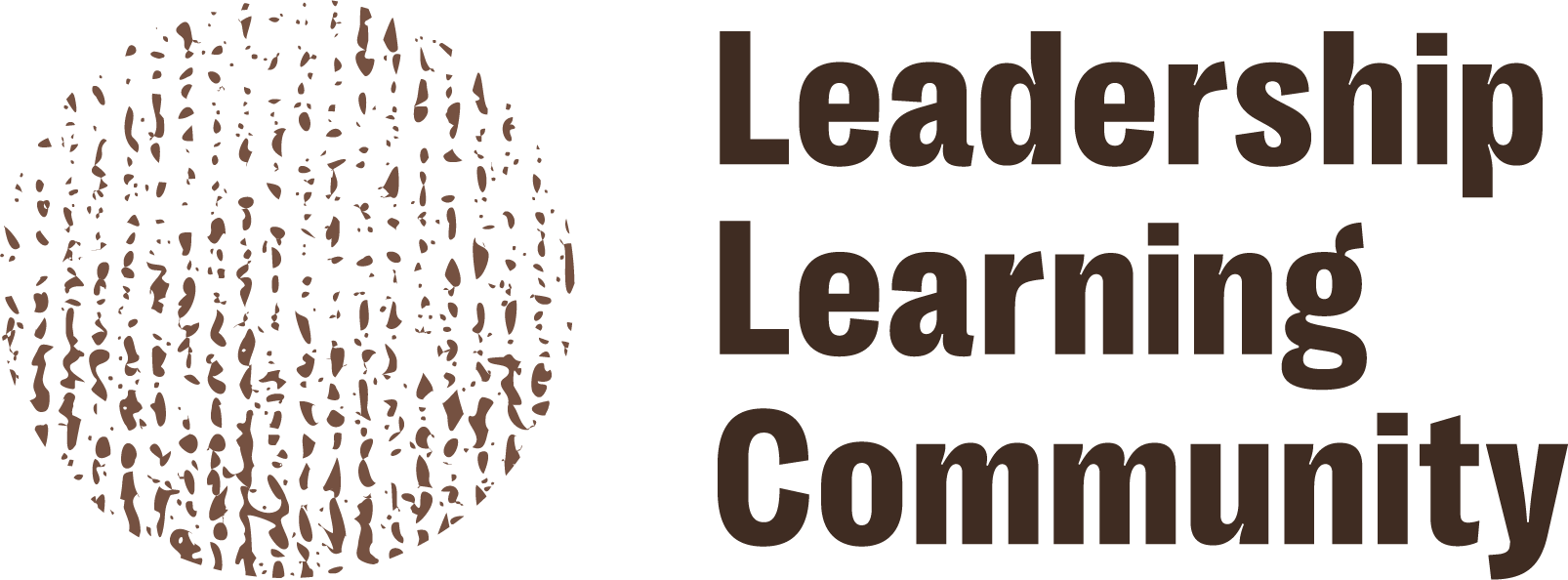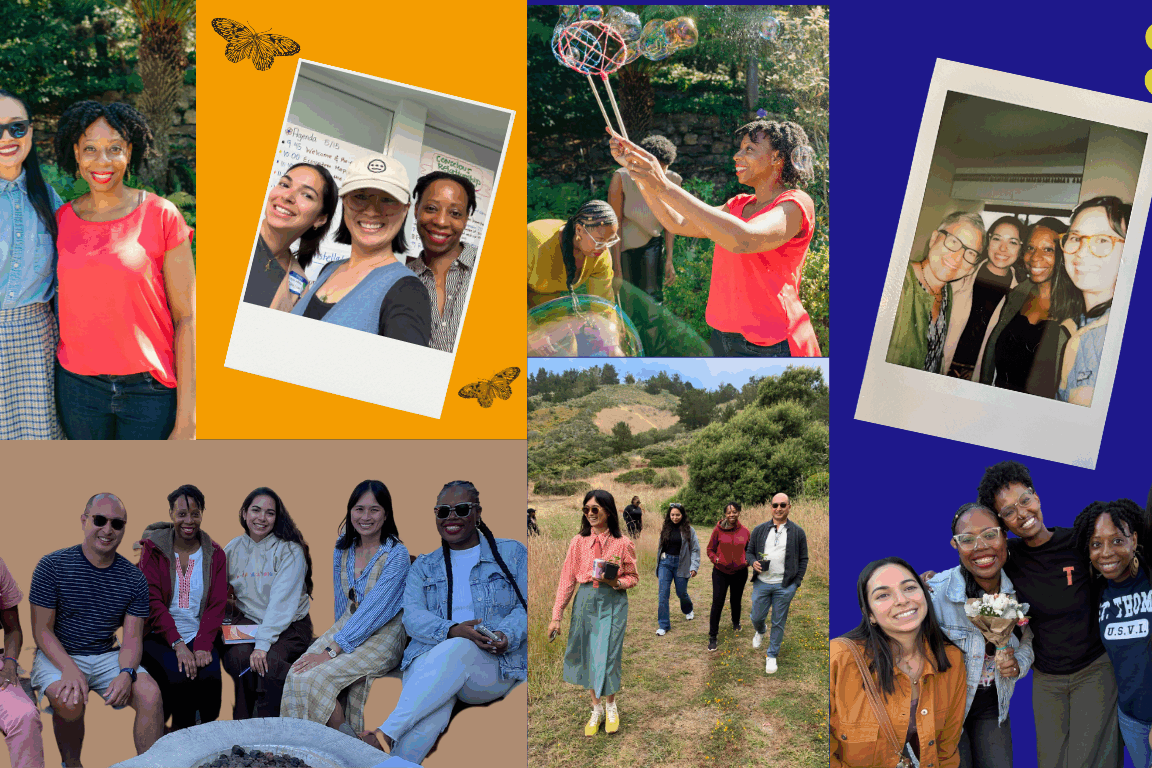In high school, I was voted Head Cheerleader and Senior Class President, my first taste of leadership and power. While I served in these roles with joy, pride, and care, I was also an empath who felt deeply inadequate for being unable to please everyone. I’d somehow mistaken my roles for those of a superhero or, worse, a savior, a mistake that only the ego could make.
It was my best friend, serving at the time as both my Vice President and Co-Head Cheerleader, who wisely shared that while it was our responsibility to listen, consider, and respond to the requests and grievances of the seniors and cheerleaders as a whole, catering to every solitary concern was not within our realm of power. In other words, aiming for people-pleasing perfection would be self-defeating. It is ever-elusive and can never be attained. And while I trusted her perspective, my ego (and sense of success in these roles) went wildly un-satisfied.
Whether in large or small contexts, the ego creates the delusion of superiority and control over circumstances and human beings. The ego also causes the darkness of oppression, unhealthy competition, and at its worst, violent wages of war.
In 1993, in the tiny little world that was high school, my own ego distorted my understanding of power, causing me to believe that even with my best efforts activated, skills applied, and corrections made, I could never be good enough to actually deserve the roles I had, let alone perform well enough in them. How could I be good at this if everyone isn’t pleased? A relative of “imposter syndrome”, this subconscious belief chipped away at my confidence and soon rendered me too afraid to show up, speak up and stand up for myself or others in other areas of my life. My personal boundaries were repeatedly crossed; I’d allowed persistent instances of disrespect to go unchecked, and the amount of Olympic-level gaslighting I’d endured harmed me deeply. My fully empowered ego produced a disempowered self that would wage an internal war for many years to come.
And this isn’t unique. Black women specifically have carried the burden of wearing cloaks of perfection and playing the role of savior to our partners, our children, and our bosses while simultaneously being “reminded” that we could never be good enough.
Luckily, more of us are learning not to pick up where the oppressors left off. That, to lead, we’re required to keep that same energy for ourselves. We must act bravely on behalf of the collective with an informed, heightened sense of awareness –without beating ourselves up in the process. This idea of treating ourselves with the level of compassion and respect we reserve for others is not only a prerequisite for personal growth and leadership but a fierce defense against the insidious, oppressive beliefs that have seeped into our consciousness and often crippled us; confining us to positions far more narrow than the breadth of our skillset.
To that regard, while we are taught to recognize the ego when it’s inflated – when someone has “too much” confidence or rejects feedback or healthy criticism, we mustn’t undermine its varied forms and functions. An ego that’s inflated can also trap us and keep us small. It can stop us from reaching for high-hanging fruits, serving the ego’s fear of rejection. It can reduce us to pursuing smaller roles that lack purpose and fulfillment, serving the ego’s fear of the learning curve in higher positions. And to a 16-year-old for whom likeability is a high priority, the ego can cause her to confuse the privilege of leadership with a responsibility to please everyone.
So, while the most widely accepted markers of leadership are the ability to positively guide and serve with vision, courage, and goal-attaining strategies, the skill that must not remain underrated is the ability to silence the ego.
This ability can positively empower the individual, benefit the whole, and gracefully allow room for the inevitable adjustments along the way.
It’s been more than 30 years since I delivered my graduation address to the seniors of Woodrow Wilson High School. And through many roles, promotions, and career pivots since, I realize that the same things that are true about leadership now, were true then:
That I must act bravely, I must serve with awareness and integrity, and I must acknowledge opportunities to course correct along the way. And I must do all of this minus the cape, minus the halo, and minus the self-torture.
I didn’t know then, but I know now that to perform my leadership role well, I must allow myself the freedom to excel and the freedom to sometimes miss. The latter is an unattainable feat when I am guided by my ego.
And leaders need leaders, too. When I can’t get clear on my next best step, I know to lean on the brilliant voices around me, like my VP and Co-Head Cheerleader in 1993, because despite their “rank,” they, too, have the wisdom to share solutions and so much value to add to the success of the whole.





